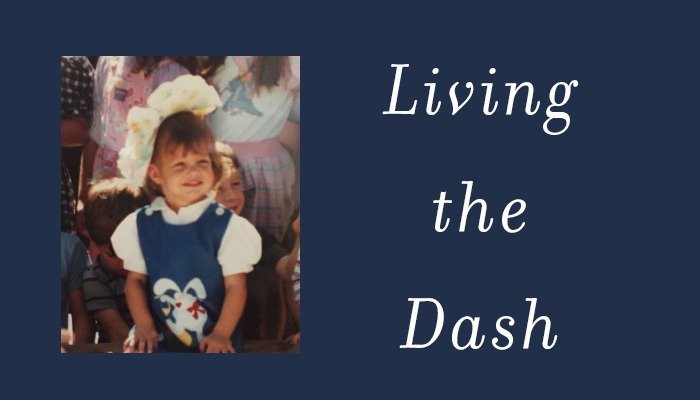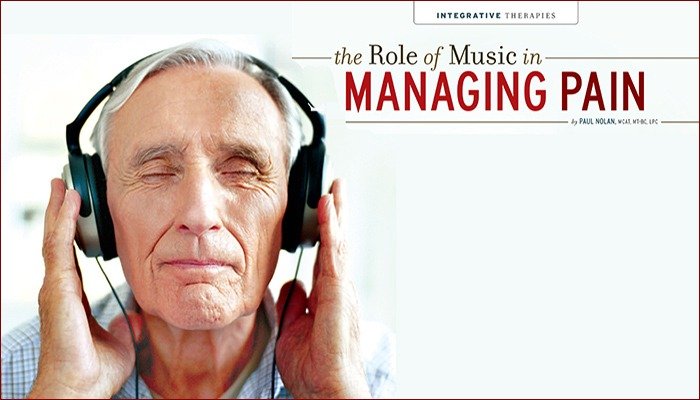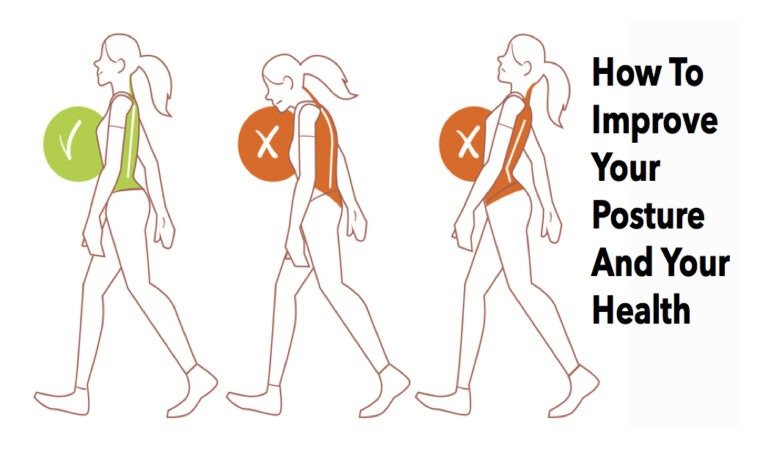Integrative Medicine and What It Has to Offer You

Described as the future of health care in our country, integrative medicine is getting a great deal of attention. It combines the best of both conventional medicine and natural, homeopathic medicine. In his article, Restoring the Heart and Art of Medicine, Dr. Michael Finkelstein shares his philosophy – and reasoning – on why integrative medicine has so much to offer.
(the following are excerpts from the article by Dr. Michael Finkelstein)
The Latin root of the word doctor is docere, which means to “teach.” Indeed, the heart of medicine is one of educating and otherwise guiding patients on the path of wellness. To this end, the art of medicine is delivering the knowledge of health in a way that itself activates the healing response mechanism. Who among us, after all, has not felt better, just knowing that someone cares about our condition and is doing something to help us?
While conventional medicine is highly effective at treating life-threatening emergencies and other acute conditions, those make up a small percentage of our collective health challenges. Indeed, most of us struggle with chronic conditions, such as pain, fatigue, insomnia, obesity, and so on, which require a far more personalized and sophisticated approach – yes, more sophisticated than the most expensive technological equipment out there. Doctors need the self-awareness, compassion, and time necessary to get to know all the moving parts of patients’ lives and to understand how these moving parts connect and, ultimately, affect patients’ health.
Not only are contemporary doctors trained to be overly-reliant on external indicators of illness or wellness, but most are constrained by the limitations of a profit-driven and largely inefficient health care system. As a result, doctors are given a window of about 15 minutes per patient – insufficient time to even scratch the surface of any given health challenge, let alone actually get to know someone. Boxed into this small window of time, even the most caring and well-intentioned doctors are inclined to prescribe the quick-fix of pharmaceuticals or surgery, for conditions that need more thoughtful, individualized, and long-term care.
Unfortunately, while these quick-fixes may temporarily mask symptoms or eliminate the immediate threat, they typically fail to get at the root of an issue, especially in the case of chronic illness. Many health challenges, in fact, stem from an imbalance, and quick fixes often add imbalance, thereby exacerbating the original problem and causing a slew of complications. On this note, the entire body of our health care system today suffers from a systemic imbalance – effectively rendering it sick, in and of itself.
How can a “sick” system effectively help people get well?
After years of frustration churning through this system myself, unable to help patients get truly better, I left the world of conventional medicine and entered that of integrative medicine, which draws from the best of conventional, complementary, and alternative modalities of healing. But even integrative medicine, I discovered, can be insufficient in helping patients get to the root of their health challenges, which are often spiritual, emotional and psychological in nature.
Many integrative medicine practitioners, though holistically-minded in principle, practice within a narrow range themselves – exchanging supplements for pharmaceuticals or offering other remedies as magic bullets, without paying adequate attention to why a health challenge is presenting itself and what can be learned from it. Indeed, there is something inherently valuable in many of the challenges we face, but we never make this discovery unless we spend some time considering the deeper connections.
My own journey led me beyond integrative medicine and into a realm I call “slow medicine.” Seeking to bring back the art of being a doctor, I developed a series of comprehensive intake questions that not only discuss my patients’ health challenges but also the greater context of their lives. Everything is interdependent – muscles and nerves, bodies and minds, people and planet – and each connecting thread has a domino effect on the other. So I help my patients understand the interconnectedness of each dimension of their lives and teach them how to activate a positive domino effect on their health.
The added perk of this approach is that it typically catalyzes an unfolding that leads to the discovery of unexpected treasures: Not only do patients experience symptom relief, but they do so as a byproduct of a life filled with more passion and purpose.
And that is good medicine.
PainPathways Magazine
PainPathways is the first, only and ultimate pain magazine. First published in spring 2008, PainPathways is the culmination of the vision of Richard L. Rauck, MD, to provide a shared resource for people living with and caring for others in pain. This quarterly resource not only provides in-depth information on current treatments, therapies and research studies but also connects people who live with pain, both personally and professionally.
View All By PainPathways






